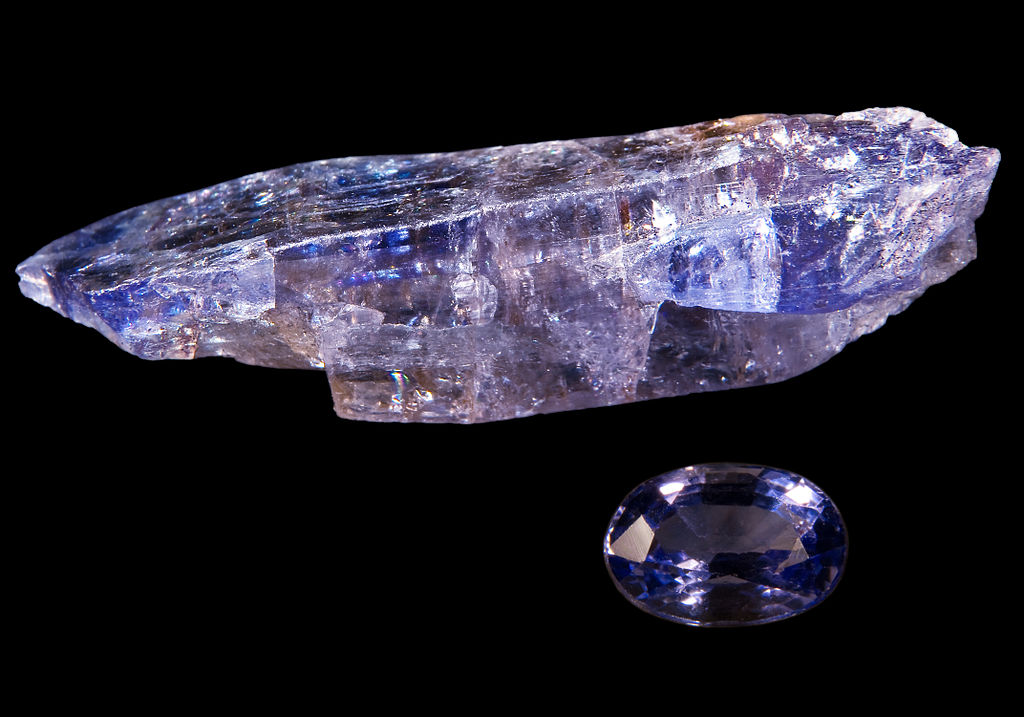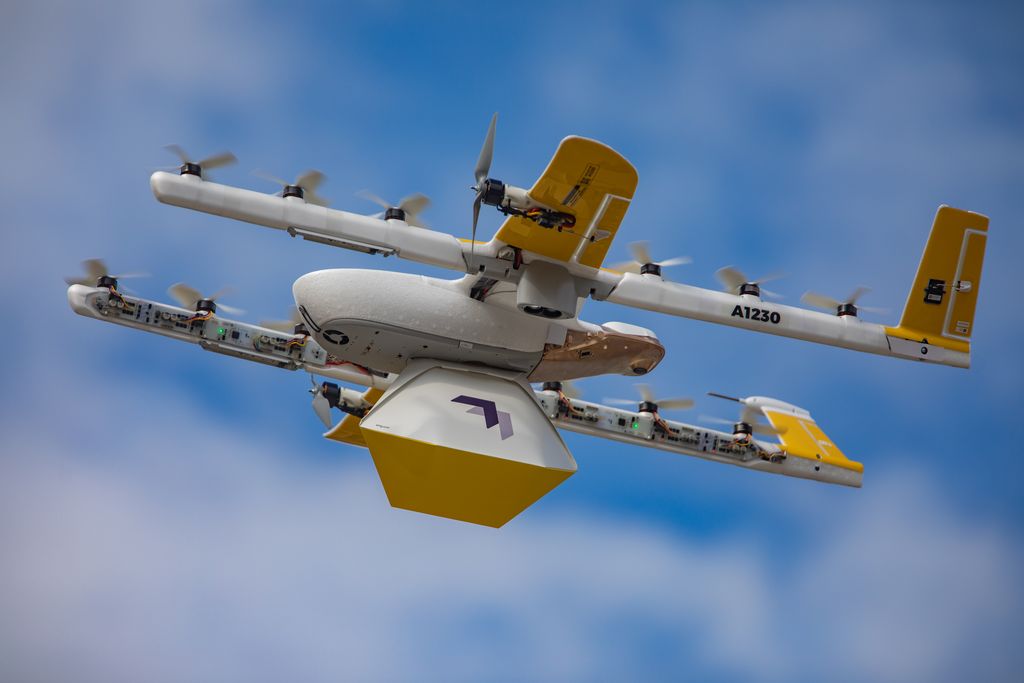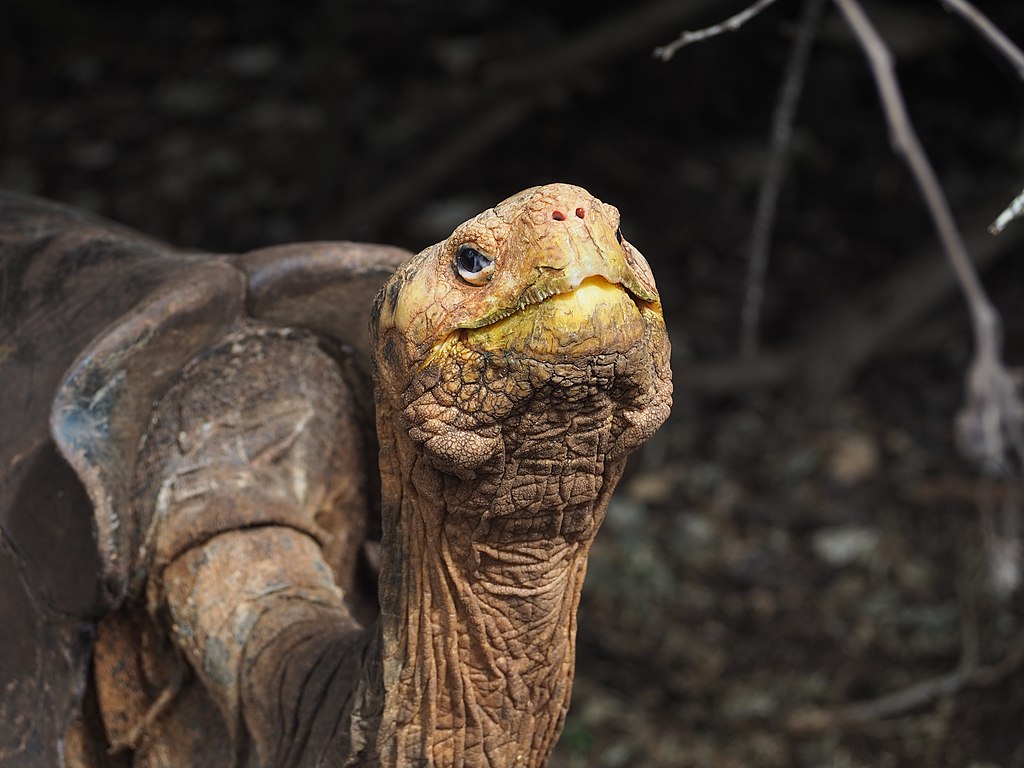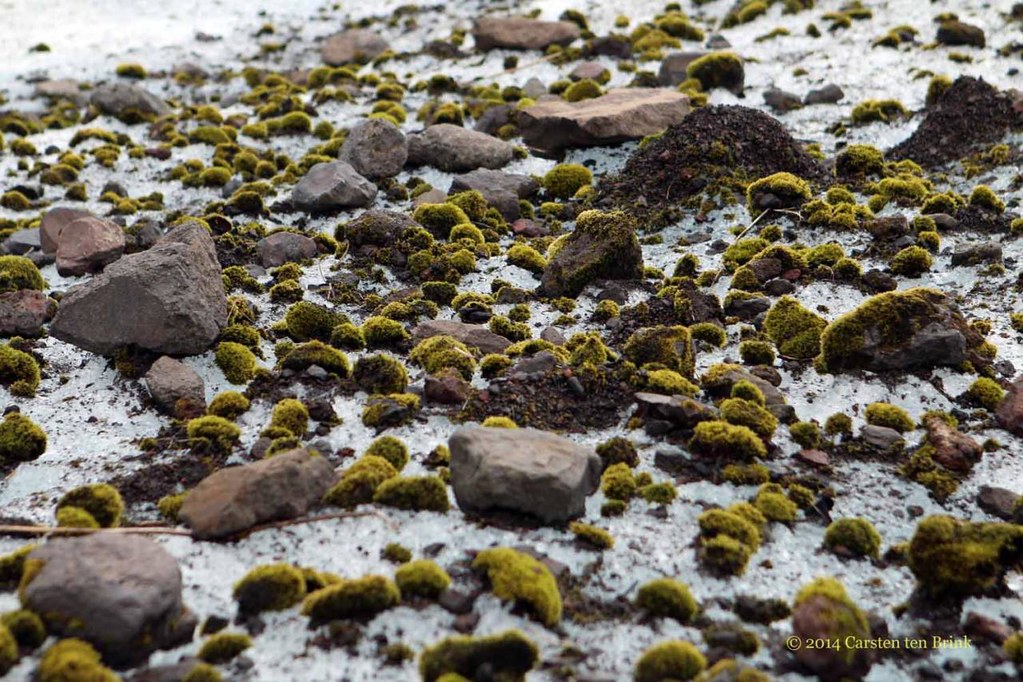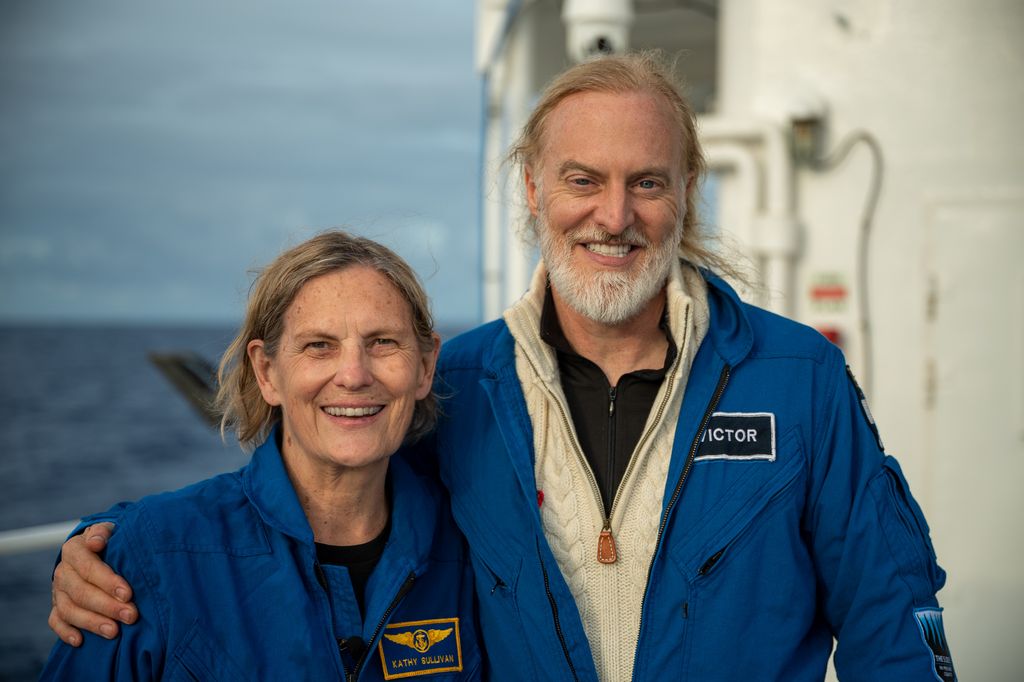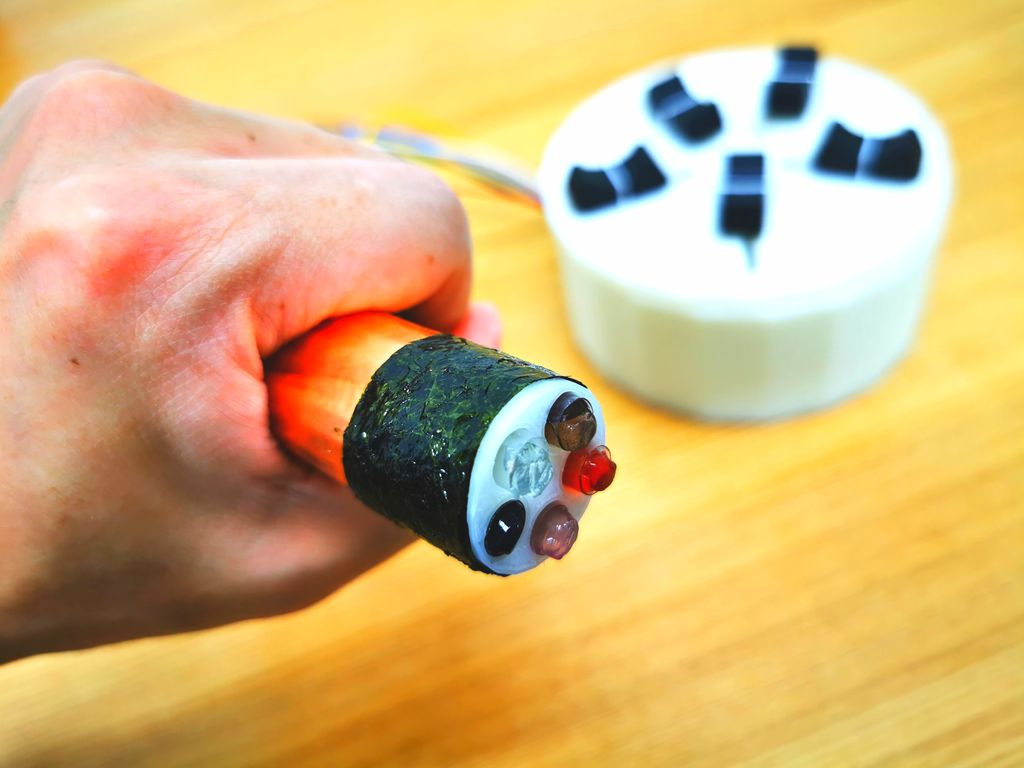Saniniu Laizer, who works as a miner in Tanzania, has suddenly become a millionaire after finding and selling two large chunks of a gemstone called Tanzanite. The stones found by Mr. Laizer were the largest samples of Tanzanite ever found.
Published in “Science”
Students in Christiansburg, Virginia have an unusual option for getting books this summer - having them delivered by drone. The Montgomery County School District is teaming up with a company called Wing to deliver summer reading by drone.
A Hood Island giant tortoise named Diego has returned to his home island in the Galapagos after becoming the father of up to 800 tortoises. Diego's efforts have helped raise the number of Hood Island tortoises from 15 to nearly 2,000.
Among the more unusual news stories recently, America's "#1 movie" has only been seen by two people, a weather reporter turns his back yard into a weather map, and a fisherman in Galicia, Spain turns up a 700-year-old statue.
For the first time in over 135 years, the United States got more energy from renewable sources like solar, wind, and water energy, than it did from coal. That's a big change, and it may be the beginning of the end for coal.
Scientists are struggling to understand the movements of glacier mice - round balls of moss that appear on icy glaciers. Somehow, the glacier mice manage to travel together in ways that scientists still can't explain.
Kathy Sullivan, the first American woman to walk in space, has added another "first" to her list of successes. She's now the first woman to reach Challenger Deep - the deepest point in the sea.
On Monday, about two weeks earlier than planned, New Zealand declared that it was free from the coronavirus. The country has moved to Level 1 in its coronavirus alert system, returning life in New Zealand to nearly normal.
Russian president, Vladimir Putin has declared a state of emergency in part of Siberia following a massive oil spill at a power plant last week. The slow response to the spill has created a serious environmental problem.
Scientists at Meiji University in Japan have come up with something they call a "taste display". The device can create the taste of any chosen flavor when it is pressed against the tongue.

